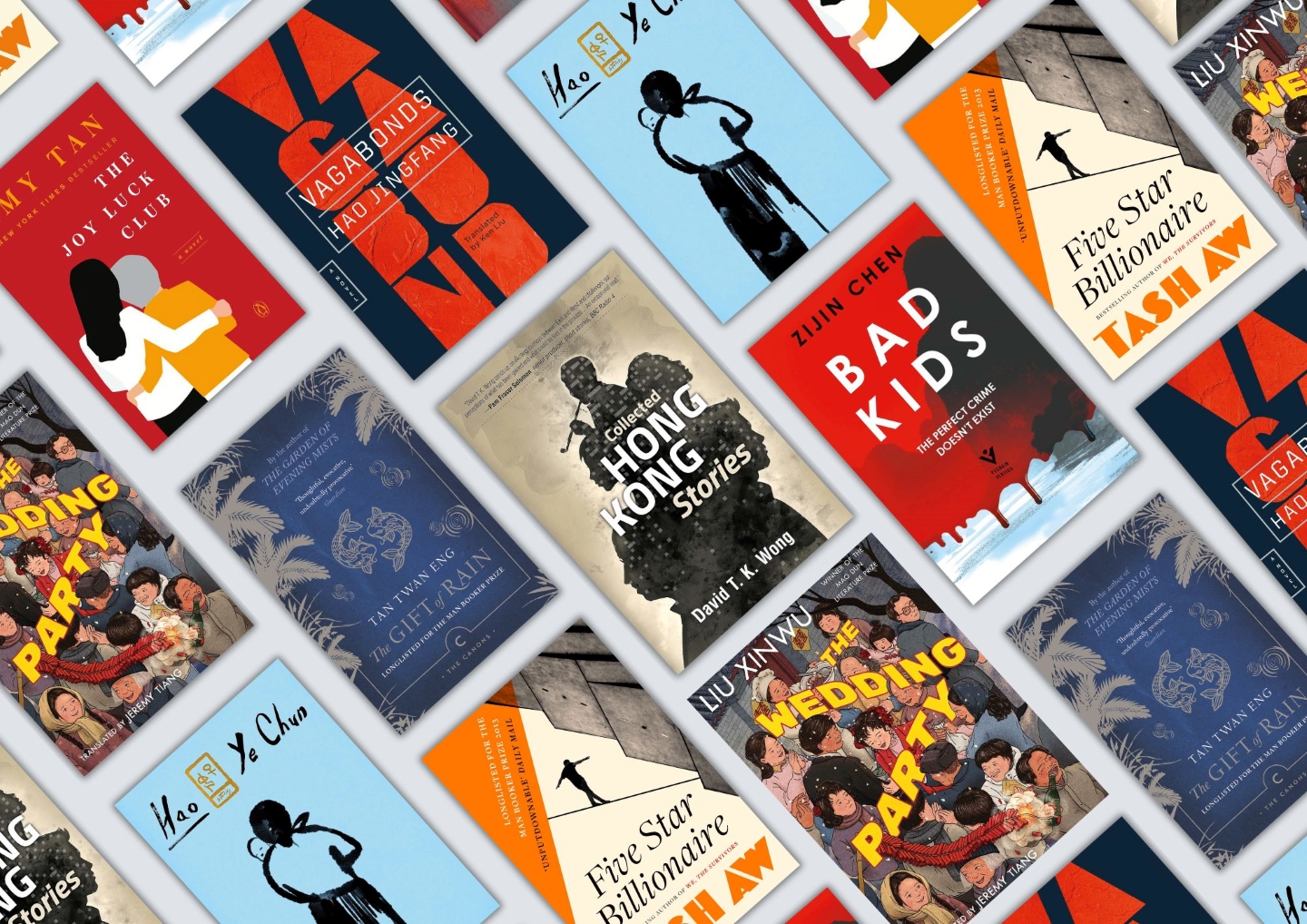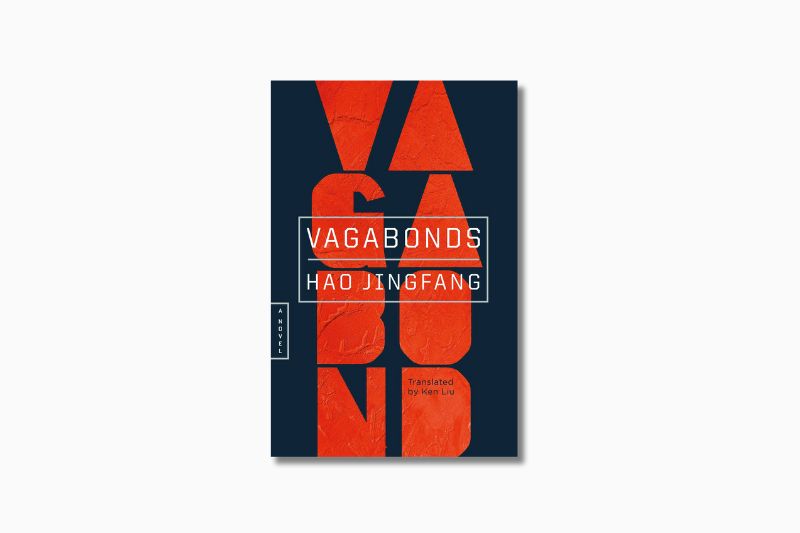
Some of the best pieces of literature from the past 40 years
Discover something new or revisit old wisdom with these thought-provoking and inspirational books by acclaimed Chinese authors.
The Wedding Party (1985)
by Liu Xinwu
This novel by Xinwu was only translated into English in 1985, more than three decades after its publication in China. Set within just 12 hours in a Beijing courtyard, it is an honest and genuine portrayal of the lives of ordinary people. Highlighting interaction between communities during a working-class wedding, it introduces readers to interesting fleshed out characters such as family members, caterers and guests, each with their own disparate narratives that make up the vibrant neighbourhood. The short chapters are filled with relatable tales of relationships, the past, future, love and loss.
The Joy Luck Club (1989)
by Amy Tan
United in loss, four Chinese women who immigrate to San Francisco organise a weekly meeting to play mahjong and tell stories of what they have left behind in their home country. They call the group the Joy Luck Club. Heart-wrenching and poignant, this book touches on the generation gap and cultural differences. The women’s American-born-and-raised daughters cannot seem to comprehend their warnings and advice. Their unsolicited comments about things feel intrusive, annoying and irrelevant to the latter’s modern lives. As time goes by, the daughters realise how little they know about their origin and its important connection to the present.
The Gift of Rain (2007)
by Tan Twan Eng
Penang-born Tan’s debut novel examines issues of belonging, cultural differences, loyalty, free will and survival. Main character Philip Arminius Khoo-Hutton, who was born to an English father and Chinese mother, recalls the fate of his family during World War II and the Japanese occupation of Malaya, reflecting on his actions and how that period shaped his whole life. His encounter with some Japanese characters stirs personal and family conflicts. The Gift of Rain
was longlisted for the Man Booker Prize and has been translated into Italian, Spanish, Greek, Romanian, Czech and Serbian.
Five Star Billionaire (2013)
by Tash Aw
How much does it cost to pursue personal ambition and desire for material wealth? A lot. In this enlightening masterpiece, five Malaysian Chinese expats move to Shanghai hoping to forget their past and start anew. But as they learn along the journey, the mega metropolis that opens the door to all sorts of opportunities can also turn its back on them. Structured like a self-help book, each chapter is titled with advice such as “Forget the Past, Look Only to the Future” and “Always Rebound After Each Failure”, hinting at the inescapable troubles that await the characters.
Vagabonds (2016)
by Hao Jingfang
The first Chinese woman to win the Hugo, Hao dives into an underexplored genre — sci-fi — in her first full-length English translated novel called Vagabonds. Set in the future, the story is about Earth’s colonisation of Mars. It follows the journey of young people who travel between the planets as they weigh the positive and negative aspects of each place. A war of independence is bound to happen between the capitalist (Earth) and the communist (Mars). Mind-blowing and thought-provoking, this book is a study of different ideologies and political powers and the effects they have on a population without proper governance.
Collected Hong Kong Stories (2017)
by David T K Wong
As the title suggests, this volume delves into the lives of Hongkongers from all sorts of backgrounds. Drawing from his experience as a journalist, educator, government official and businessman, Wong has put together 18 short stories — written over the course of 30 years — featuring life-inspired characters such as jockeys, expatriates, scholars and tycoons. Tapping political, cultural and social issues that happen across different eras, this eye-opening collection is a must-read for those interested to know more about the development of the Fragrant Harbour from pre-World War II until the present day.
Hao: Stories (2021)
by Ye Chun
“The most common word in Chinese, a ubiquitous syllable people utter and hear all the time, which is supposed to mean good. But what is hao in this world, where good books are burned, good people condemned, meanness considered a good trait, violence good conduct?” In this collection of short stories, Ye’s characters are anything but good, fine or okay. Highlighting the experience of Chinese women based in China and the US, the book explores the lives of those who, in the face of adversity and mistreatment, turn to language and words to help them cope with pain and despair.
Bad Kids (2022)
by Zijin Chen
“Adults think children are simple, and that their lies are easily uncovered.” Three junior high school students prove this is far from the truth, and that kids are just as complex as grown-ups in this dark Chinese suspense thriller. The main character thought he had executed a perfect crime when he pushed his wealthy in-laws off a secluded mountain and the court authorities ruled that it is death by accident. He was surprised to learn there were young witnesses. Packed with unexpected twists, Bad Kids is a page-turner that explores desperation and determination.
This article first appeared on June 24, 2024 in The Edge Malaysia.










